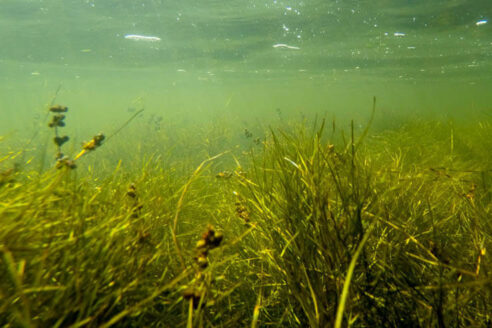Tagged Stories: "dissolved oxygen"
Hypoxia buoys look out for the Bay’s dissolved oxygen, but who’s looking out for them?
August 21, 2025Hypoxia monitoring sensors require routine maintenance to give accurate readings to help detect dead zones
Read story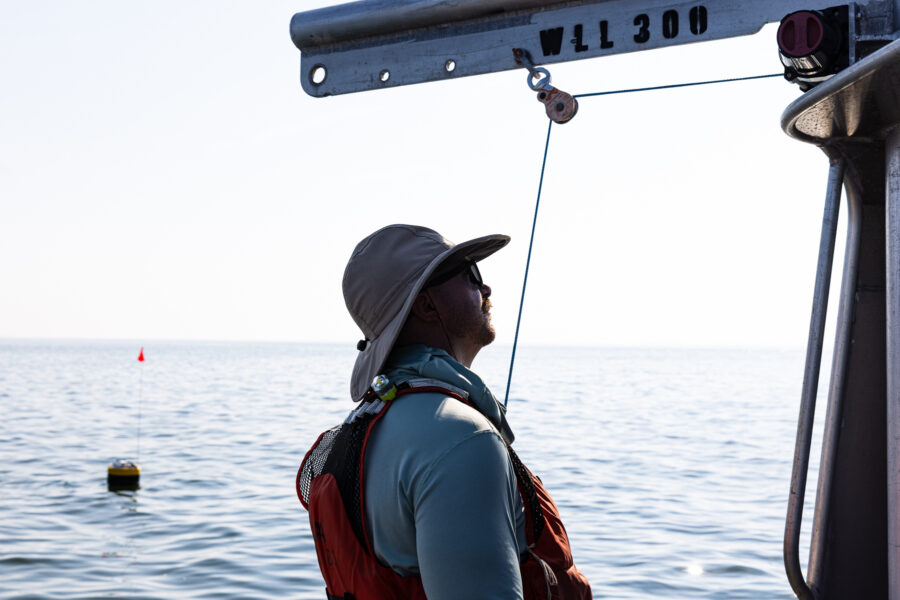
Experts find 2022 dead zone to be 10th smallest since 1985
November 16, 2022Cool temperatures and strong winds in September shortened duration
Read story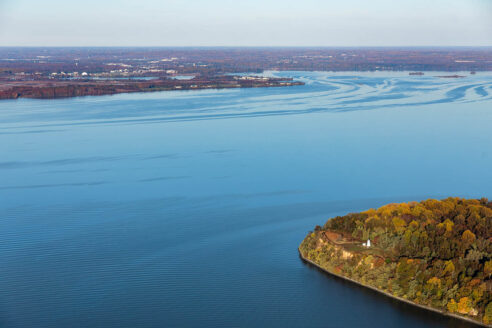
Bay water quality declines, but work on the ground gives hope for the future
October 26, 2021The Chesapeake Bay Program estimates that states, D.C. are making progress in reducing pollution
Read story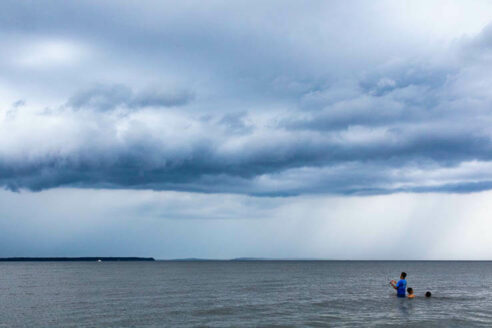
Smaller-than-normal dead zone predicted for the Chesapeake in 2020
June 17, 2020Below-average spring rainfall brings less nitrogen pollution into the Bay
Read story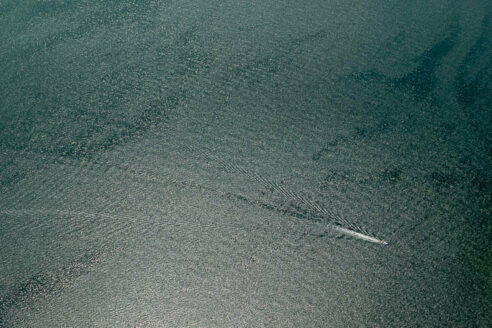
Chesapeake Bay water quality declines by four percentage points
May 13, 2020Record amount of freshwater contributed to lower score
Read story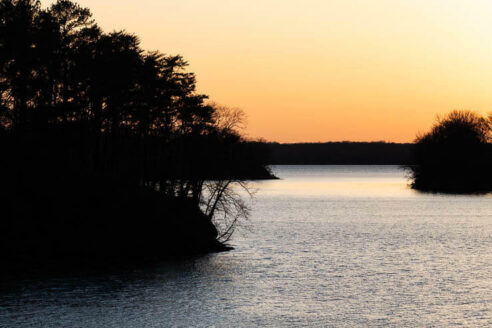
Bay sees worst dead zone in the past five years
December 3, 2019Warming temperatures and heavy rainfall impact size, duration
Read story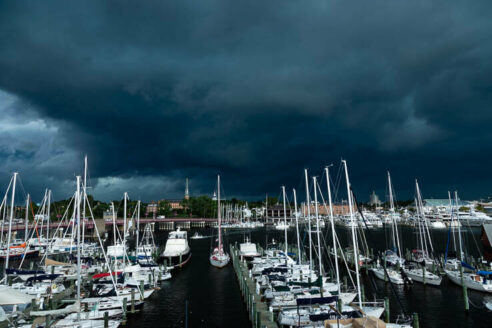
Experts predict largest dead zone in decades
June 12, 2019Chesapeake Bay continues to be impacted from extreme rain and increased river flows
Read story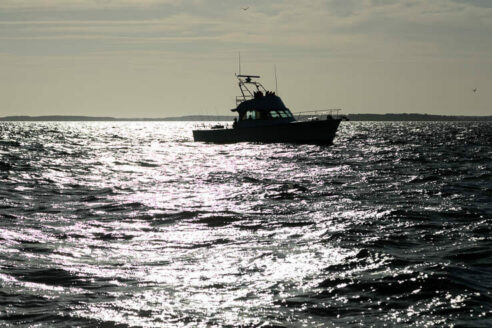
Chesapeake Bay water quality inches toward a new record
March 26, 2019While Bay waters are the healthiest they've been since 1985, restoration challenges remain
Read story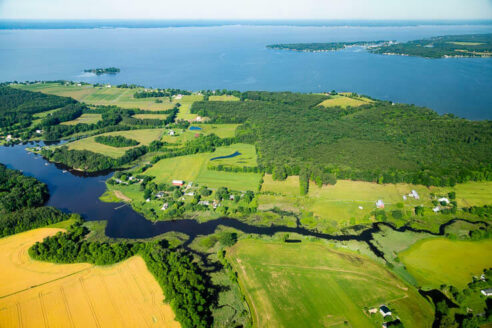
Bay Foundation grades health of the Chesapeake Bay a D+
January 8, 2019Record rainfall in 2018 contributes to first decline in 10 years
Read story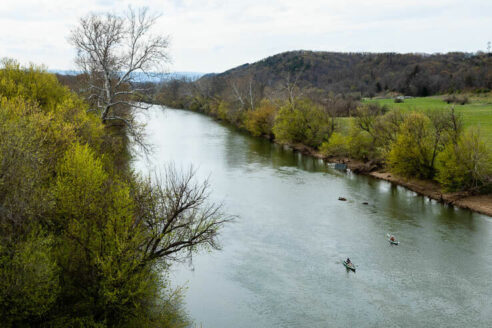
Thirty-five years of environmental progress
December 21, 2018The Chesapeake Bay Program's restoration successes
Read story